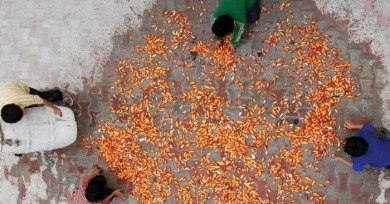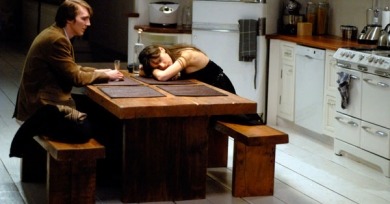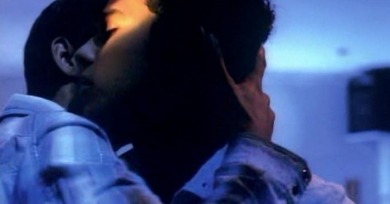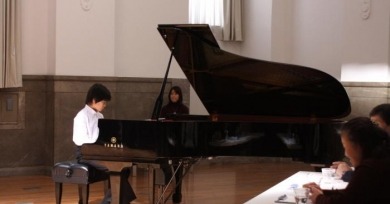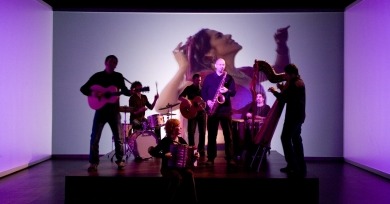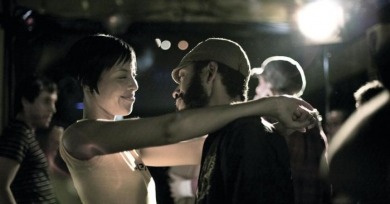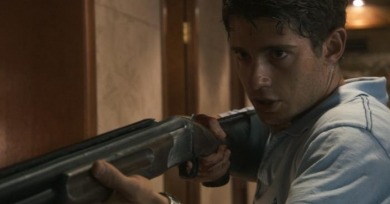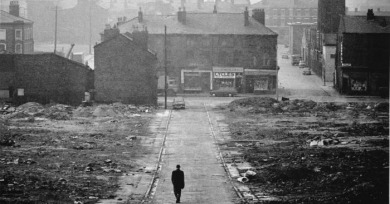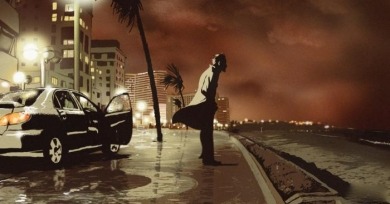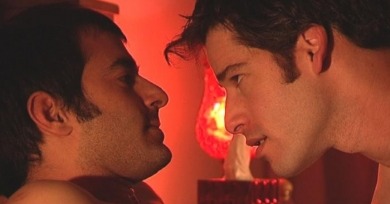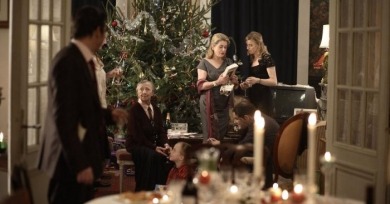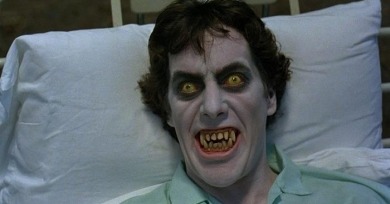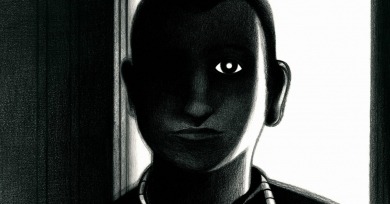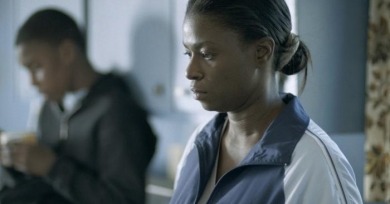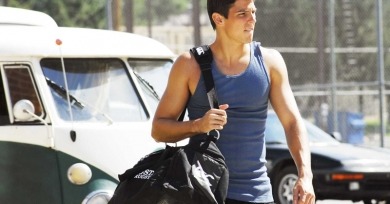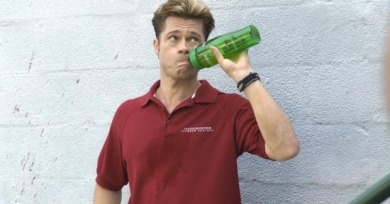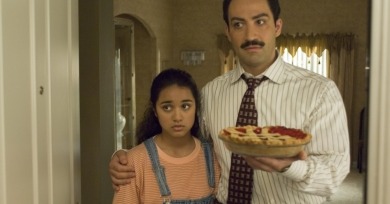Michael Koresky
With his likeable, sentimental narratives, Majidi has been somewhat simple to write off, then, as his takes on family and tradition cross cultural borders with ease, resulting in some critics’ accusations of patronization, if not moralism.
Two tired, and seemingly opposed, trademarks of recent American independent cinema make for a deadly combination in Matt Aselton’s Gigantic. It’s an arch, self-aware puppy-dog love story, shot through with an overly aestheticized, almost clinical detachment.
His cinema is purely one of desire, surveying a new generation of young gay men whose angst comes not as much from external social pressures and the threat of societal role-playing as the pangs and thumps of the heart.
Lying closer to the surface of more generically situated works like Cure, Pulse, and Doppelganger, is the beating heart of a true melodramatist.
Adorned in oranges, purples, and golds, and unfolding on shimmering soundstages flanked by scrims and screens of varying sizes, Fados creates a universe unto itself, an enclosed festival space meant to stand in for an entire world of song.
Like many other modestly budgeted American indies, Jenkins’s film follows two people getting to know each other, as they wander an expressive cityscape, over the course of one day—aloofness gives way to intimacy, flirtation transitions into intellectual probing, daytime turns to night.
The trend may have originated with Danny Boyle’s Shallow Grave, but there’s been a distinct thematic shift in horror films over the past decade or so, from the struggle between good and evil to the revelation of the evil that apparently resides in all of us.
The cinema of Terence Davies seems to be having a tiny renaissance right now, as the release of his new film, the documentary/tone poem Of Time and the City, coincides with a short retrospective of his work at New York’s Museum of Modern Art.
How does one avoid overly aestheticizing violence when using animation?
One can’t accuse director Yair Hochner of not giving his target audiences what we want: in the opening fifteen minutes of the Israeli filmmaker’s ensemble dramedy of hook-ups and hang-ups among a small group of gay men in Tel Aviv, he fills the screen with all manner of groping titillation.
Everything’s at the threshold in A Christmas Tale. Holiday time, transition, reunion, naturally, but also disease and surgery, grudge and reconciliation, degeneration and regeneration.
An American Werewolf in London, Night Gallery: “The Cemetery,” Pumpkinhead, Meet Me in St. Louis, Salem’s Lot, Buffy the Vampire Slayer: “Hush,“ Black Sabbath: “A Drop of Water”
Like any omnibus film, the Christophe Jankovic and Valérie Schermann–produced French collection of creepy, crawly cartoon shorts, Fear(s) of the Dark, succeeds on the strength of its best components.
It’s sometimes necessary to discuss a movie without reducing it to a category. Unfortunately, that’s not what critics often do. A film like Lance Hammer’s Ballast deserves to be considered on its own terms, rather than compartmentalized and defined in relation to concurrent film movements.
The rarefied and mostly impenetrable The Northern Land is hardly the first film from 59-year-old Portugese filmmaker João Botelho, but for most of us on these shores it might as well be.
Ryan Little’s Forever Strong is a friendly, heaping helping of rugby porn—in senses both erotic and non. Seemingly cast top to bottom with holdovers from Flaunt photo-spreads and David DeCoteau flicks, Forever Strong is a charming enough paean to muscle shirts, athletic shorts, and Faris’s beauty mark.
The film plays minute to minute like a Sam Fuller-esque two-fister, but those minutes add up, incongruously, to one hell of a ponderous super-sized epic, overflowing with unnecessary subplots and punched up to inglorious heights of excess.
Rachel Getting Married is a work of enormous self-promotion in more ways that just this however. Shot with the kind of camerawork that immediately announces itself as somehow inherently more “real” by virtue of its being handheld.
Whereas Hitchcock heightened suspense and audience-character identification by situating hapless, ordinary protagonists within extraordinary situations they seemingly have no control over, the Coens get off on watching their characters purposely enter into grandiose confrontations and violent circumstances
Basically a hateful litany of bad behavior inelegantly strung together into a moralizing allegory it vapidly posits as quintessentially “American,” Ball’s wretched pageant is precociously vile.
